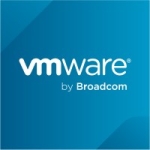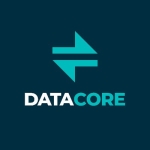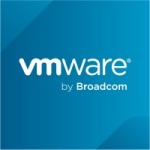The features that I have found most valuable are the user-friendliness of that hypervisor. Also, people who are not agnostic about the hardware can go with Nutanix. It has a user-friendly dashboard and interface.
Pros, it's an OEM kind of a hypervisor. It can fit to any size. Pros are that any enterprise company can fit in with it, and that budgets are also not heavy on their pockets. So, these are the pros of Nutanix.
In terms of what can be improved, their local people in this region are not good, to be frank. They don't support any inquiry. They don't support anything we need, especially for projects. So either we need to bypass them or we need to get support from the other regions.
I would say that applies from the sales cycle to the support.
The sales cycles is a very closed group kind of thing. Cons, region-wise, sometimes it's a monopoly. And the pricing factor is there. Plus, they are not open and transparent.
Procurement can be an issue as well.
Plus I don't see any updates happening in this region in terms of what's cooking in the head offices. It should be updated and alerted to the partners. For example, recently Nutanix has done many things in its acquisitions. What new features are going to be added? Certainly partners and other people should have a right to know. And they may gain advantage, an edge, over the other products when they are pitching this.
As for what I would like to see in future releases, maybe the cloud things which were very recently added. What is the roadmap for the cloud and what are there exactly? These things are very new to Nutanix now. That should be more transparent. What is their good part, like Azure or AWS? I would like to know these things. They just need better documentation in general.
I began using Nutanix Acropolis AOS about five or six years ago.
Their stability depends on how agnostic they are. It depends on if I'm using super micro hardware or it depends on if I'm using HPE. So, it's stable. I don't think we are having any issues. It is mostly a stable product. The main issue with stability would be related to the hardware, not to the actual solution.
Scalability depends on the customer. If the customer is savvy they can just add maybe SSDs or something which the KC doesn't support, or something which is out of the box from the hardware which was procured previously. Then we would face issues in the scalability. Or maybe a limit to that addition which was purchased some time back.
We don't require support, as we have in house expertise.
The initial setup is straightforward. We have worked on many products, including VMware and others. It is not complex. I would even say the portal is not so complex.
I would say that it's a simple to use product. It fits all sizes and it is budget-friendly.
One thing to keep in mind is that only experts can use it. It has to be in the proper hands, instead of going to XYZ people just for some cost savings. So lift-and-shift and migrations might be tricky, because it is not like a VMware.
On a scale of one to ten, I would give Nutanix Acropolis AOS a nine.















